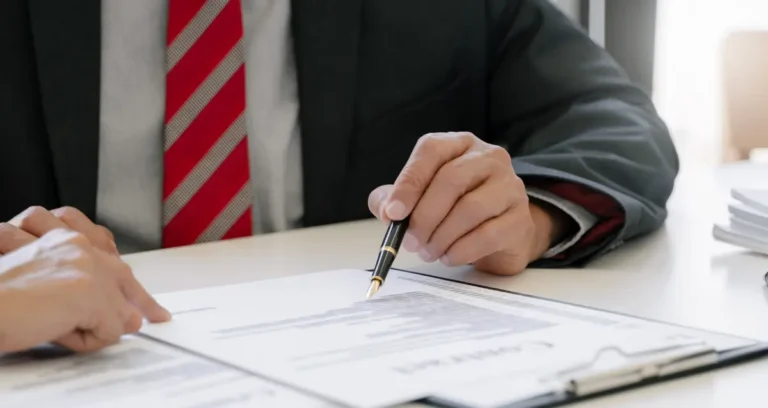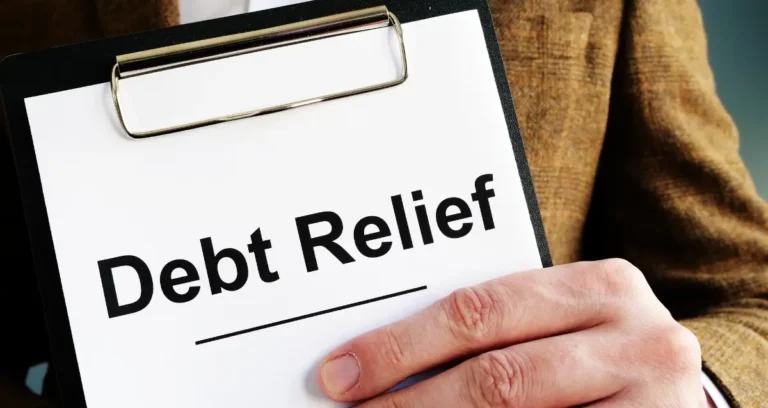What to Do When a Customer Disputes Your Invoice
One of the most frustrating and challenging experiences is having a customer dispute your invoice. After putting in all the hard work of providing a product or service, the last thing you want is to have your payment delayed or worse, denied. However, customer disputes with invoices are uncommon, and it’s important to know how to handle them professionally and effectively.
In this blog, we will discuss what to do when a customer disputes your invoice and provide some tips on how to resolve the issue and maintain a positive relationship with your customer.
1. Understand the Reason for the Dispute
The first step in handling a customer dispute is to understand the reason behind it. It could be as simple as a billing error or a miscommunication about the scope of work. In some cases, the customer may be genuinely dissatisfied with your product or service. It’s essential to communicate with your customer and ask for clarification on why they are disputing the invoice. This will help you understand their perspective and find a resolution that works for both parties.
2. Be Professional and Courteous
When dealing with a customer dispute, it’s crucial to remain calm, professional, and courteous at all times. Understandably, you may feel frustrated or angry, but lashing out at your customer will only make matters worse. Keep in mind that how you handle the situation can have a significant impact on your relationship with the customer and your reputation as a business.
3. Review Your Contract and Terms of Service
If you have a contract or terms of service in place with your customer, it’s important to review them thoroughly when faced with a dispute. These documents serve as a legal agreement between you and your customer, and they outline the terms and conditions of your business relationship. If the issue raised by the customer is not covered in your contract, it can be challenging to resolve the dispute. However, if the customer is disputing a specific term in your contract, you may need to seek legal advice to understand your rights and obligations.
4. Provide Proof of Work
In some cases, a customer may dispute an invoice because they feel that the work or service provided was not up to their expectations. If this is the case, it’s essential to provide evidence of the work you have completed. This could include before and after photos, receipts for materials purchased, or a signed completion form. Providing proof of work can help validate your invoice and show your customer that you have fulfilled your end of the agreement.

5. Consider Negotiating
If the dispute is over the cost of your product or service, you may want to consider negotiating with your customer. This could involve offering a discount or a payment plan to resolve the issue and maintain a positive relationship with the customer. However, it’s essential to make sure that any negotiated terms are documented and agreed upon by both parties to avoid any future disputes.
6. Seek Mediation
If you are unable to resolve with your customer, you may want to consider involving a third-party mediator. This could be a professional mediator or an industry association that has a dispute resolution process in place. Mediation can be an effective way to resolve disputes without having to resort to costly and time-consuming legal action.
7. Consider Hiring a Debt Collection Agency
If all attempts at resolving the dispute fail, and your customer refuses to pay, it may be necessary to involve a debt collection agency. These agencies specialize in collecting debts on behalf of businesses and can be an effective way to recover unpaid invoices. However, keep in mind that these agencies typically charge a percentage of the amount collected as their fee.
8. Learn from the Experience
Dealing with customer disputes can be stressful, but it’s essential to view them as a learning experience. Take the time to reflect on the situation and see if there are any areas where you can improve your processes or communication to avoid similar disputes in the future. Regularly reviewing and updating your contract and terms of service can also help prevent disputes from arising.
Conclusion
In conclusion, customer disputes over invoices are inevitable for businesses, but how you handle them can make a significant impact on your business’s reputation and relationships with your customers. By understanding the reason for the dispute, remaining professional and courteous, reviewing your contract, providing proof of work, and considering negotiation or mediation, you can effectively resolve the issue and maintain a positive relationship with your customer. And remember, every dispute is an opportunity to learn and improve your business practices.







